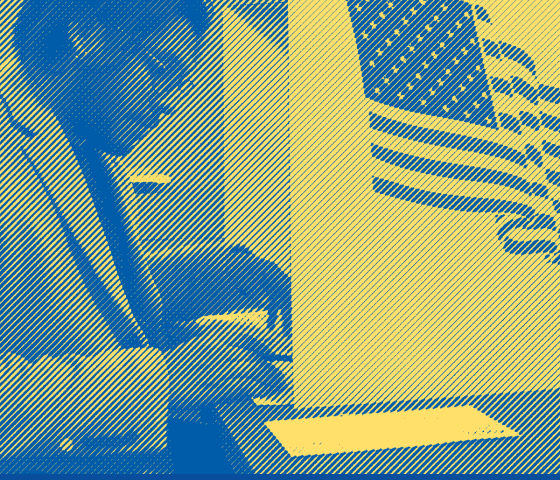Des Moines, Iowa — Today the ACLU and Planned Parenthood filed a lawsuit asking the Polk County District Court to issue an emergency injunction to block provisions of a new abortion restriction that will be signed into law by Gov. Terry Branstad at 8:30 a.m. on Friday morning. That law requires a 72-hour forced waiting period for abortions at any stage of pregnancy. It also requires an additional, medically unnecessary clinic appointment for Iowa women seeking abortions.
The lawsuit was filed by the ACLU of Iowa and the Planned Parenthood Federation of America, on behalf of Planned Parenthood of the Heartland. The new abortion law will take effect immediately upon Branstad’s signing. That means the new law will immediately interrupt the appointments –and lives –of women already scheduled to have abortion procedures that day and the following days. (Normally, laws signed by the Governor after a legislative session do not go into effect until July.)
This reckless, immediate effective date will throw the lives of women and medical services in Iowa into a state of chaos.
Some of those women are likely to be very near the point in their pregnancy at which they can no longer use medication abortion. As a result, they will be forced to decide between having a surgical procedure or being stopped from accessing a safe and legal abortion altogether.
With this in mind, ACLU and Planned Parenthood attorneys have filed this urgent request in state Court to protect women as soon as the law is signed this Friday. They've asked the Court to set an emergency hearing prior to the bill being signed into law, with the goal of obtaining an injunction as soon as possible once it is signed to protect as many women as possible on an urgent basis.
"This abortion restriction takes us back decades," said Suzanna de Baca, Planned Parenthood of the Heartland President/CEO. "It is among the harshest in the nation and will strip access away from the most vulnerable women who need abortion care. The women most affected by the burdens of the three-day forced waiting period and two-trip requirement are those who already face barriers to care, including low-income women, and victims of intimate partner violence or sexual assault – as well as women with pregnancies with severe fetal anomalies, and those with medical complications that do not fall under the extremely narrow emergency exceptions in the law. In some cases, the extra trips and other burdens created by the 72-hour forced waiting period and two-trip requirement will mean that a woman cannot get the health care she needs."
The 72-hour forced waiting period that creates the need for an additional, medically unnecessary clinic appointment is why medical experts like the American College of Obstetricians and Gynecologists oppose forced delay laws.
Rita Bettis, ACLU of Iowa Legal Director, said, "The additional burdens required by this law have no medical justification. They are intended to place barriers in the path of women seeking safe and legal abortion in our state. The restriction will risk women’s health and safety, and in some cases will prevent some women from being able to get an abortion at all. Especially in a rural state like Iowa, requiring a three-day waiting period and medically unjustified second visit makes it difficult for women who may have to drive hours to a health center. It also makes it more difficult for them to secure transportation, take off time from work, find child care, or keep the procedure private."
This law would make Iowa one of only three states – joining Missouri and South Dakota—that require a 72-hour forced waiting period and two-trip requirement. Louisiana passed a similar law but it has been temporarily enjoined.
"This proposed law puts women’s health at risk by forcing a woman to have an abortion later in pregnancy and risk her health solely for political – not medical – reasons," de Baca said. "This restriction is an outrageous, and we believe unconstitutional, violation of a woman’s right to access safe, legal abortion. We will continue to exhaust every avenue to fight back against these extreme legislative attacks on Iowa women."
